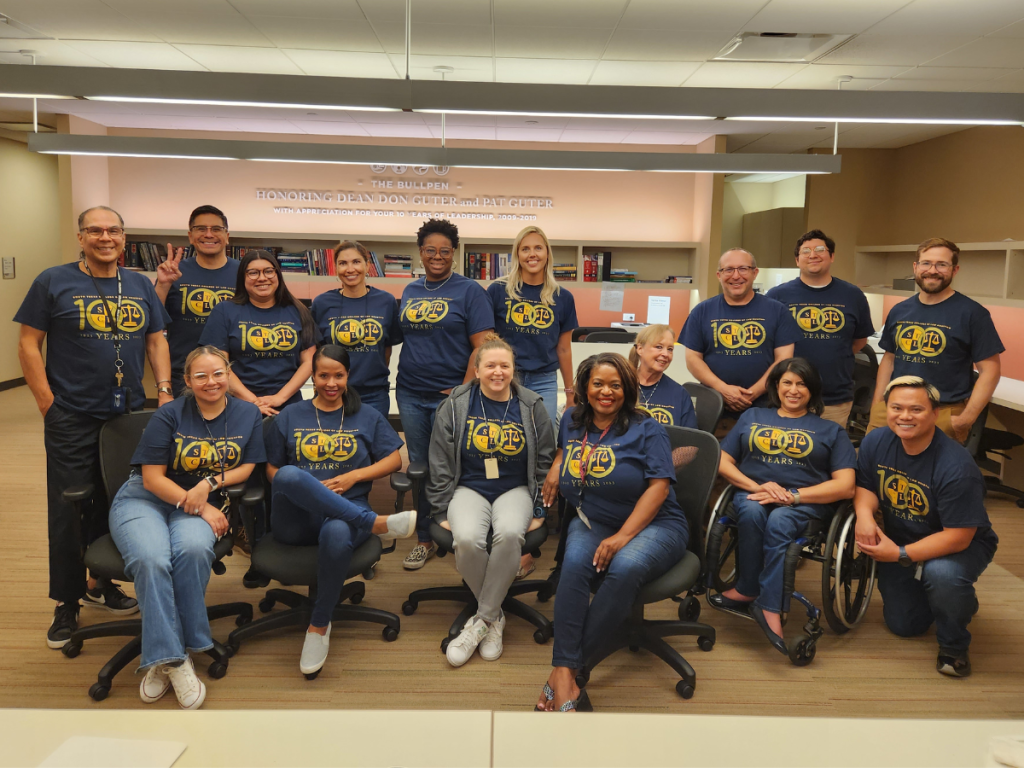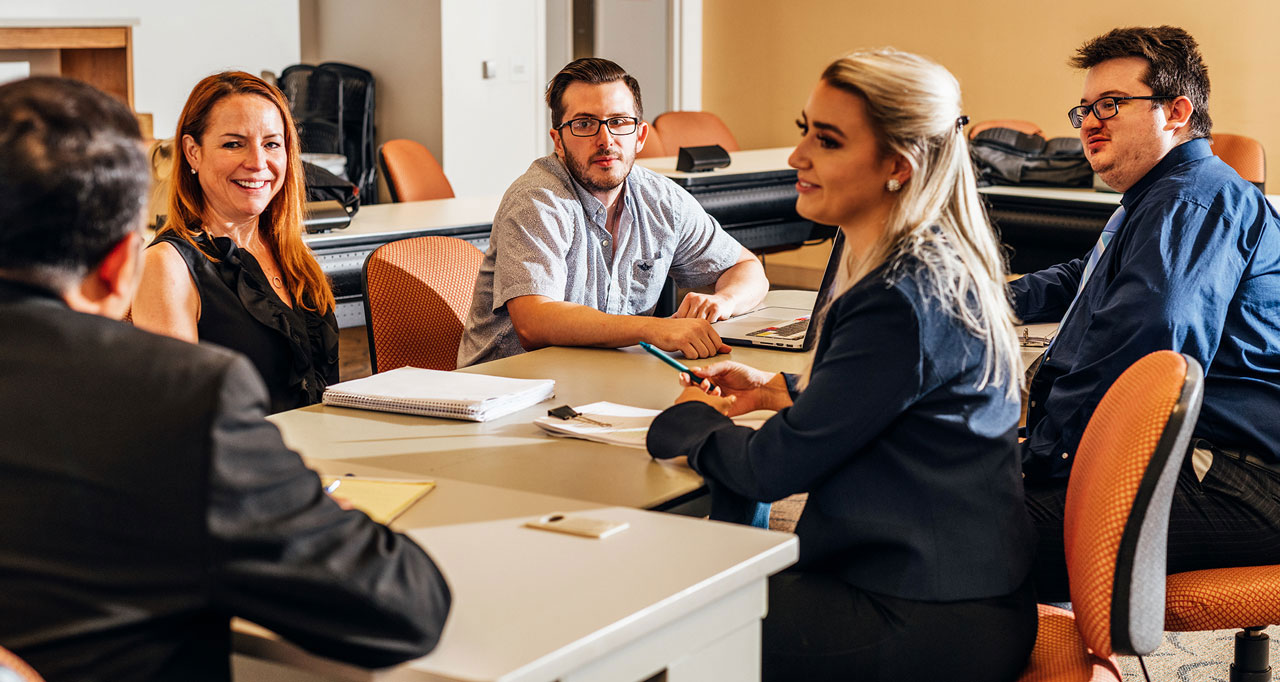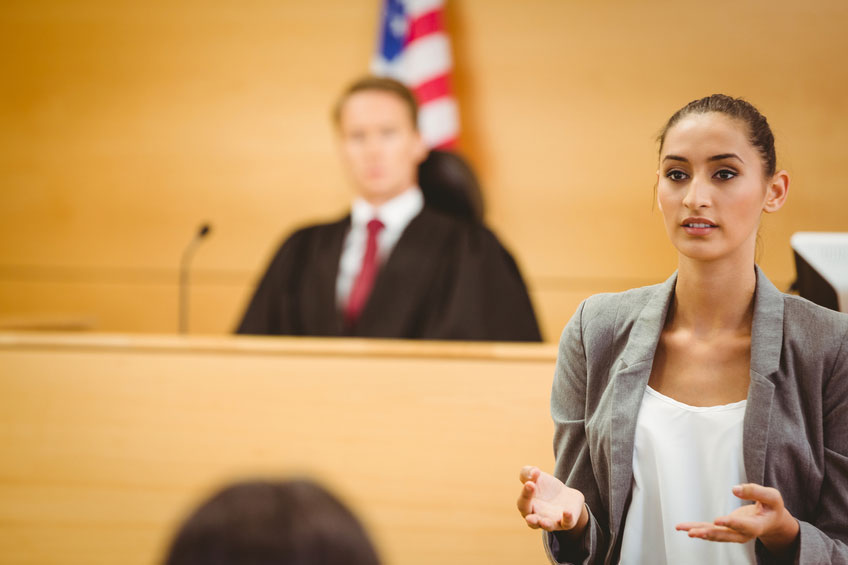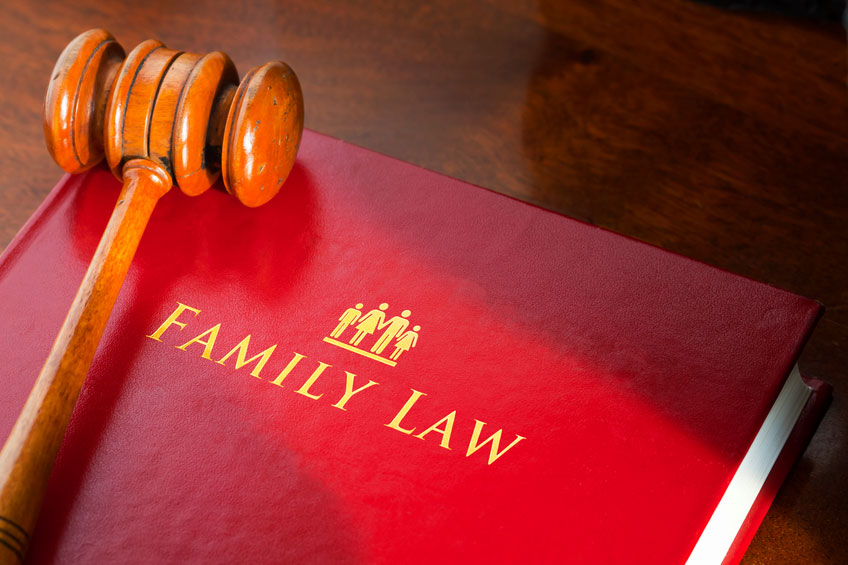Experiential Education
Practice Ready
South Texas College of Law Houston is nationally recognized for offering exceptional academic opportunities for students to gain real-world lawyering experience and practice-ready legal skills. Our legal clinics provide critical legal representation to traditionally under-represented populations.
On-Site Legal Clinics

Housed on the South Texas Law campus, The Randall O. Sorrels Legal Clinics provide students with opportunities to interview, counsel, and advise clients who are part of the Houston area’s underserved population. Students gain valuable experience working alongside seasoned attorneys across more than 20 practice areas. In a typical year, students in these clinics provide more than 35,000 hours of direct client services valued at roughly $2 million, mediate more than 150 disputes, and file more than 40 trademark applications.
These include Civil Practice Clinics that prepare students for small firm or solo practice, or to begin meaningful pro bono service upon graduation; Transactional Clinics that expose students to agency practice and the small business environment: Specialized Clinics that target contemporary justice issues or vulnerable populations; and Criminal Justice Clinics that are active in both prosecution and defense.
Free Legal Services Available Through Law School’s In-House “Law Firm”
The Randall O. Sorrels Legal Clinics at South Texas College of Law Houston offer free legal services to underserved populations through licensed attorneys, generally working with law students who are earning academic credit.
Externships

Students gain real-world lawyering skills and develop a professional network by participating in extensive, vigorous externships. Our campus is in downtown Houston, with easy access to federal, state, and county courts, prosecutors’ and public defenders’ offices, corporate legal departments, and many nearby nonprofit and legal-aid organizations. Students in the Academic Externship Program intern with state and federal courts, nonprofit agencies, and government agencies. Externships offer a hands-on learning experience guided by a full-time faculty member.
South Texas Law guides students to more than 100 placements for a guided learning experience, reflecting the richness of the Houston legal community as well as the law school’s statewide, national and international outreach.
Pro Bono Program
This co-curricular program encourages, supports, and celebrates the professional value of pro bono legal work. Highlighting the role attorneys have in ensuring access to justice, it complements our academic externship and clinical programs. It is also beneficial to students who want to provide legal service hours but are unable to dedicate an entire semester to a clinic. Once a student has contributed 50 hours to this program, we celebrate their service in a variety of ways, including notation on the individual student’s transcript, a certificate, and recognition at the annual student awards ceremony.








